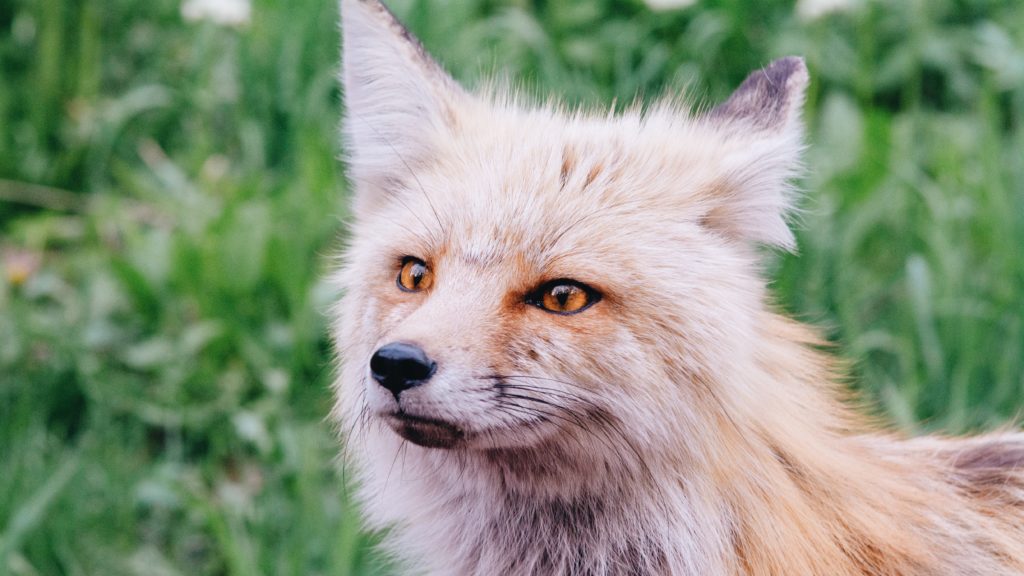Hungary just announced a ban on the fur farming of mink, foxes, polecats, ferrets, and coypu.
This comes after a number of mink fur farms tested positive for the coronavirus in the U.S., the Netherlands, Denmark, Italy, France, Spain, Greece, and Sweden.
The country currently doesn’t farm any of the fur-bearing species mentioned in the ban. Animal welfare organization Humane Society International/Europe has still welcomed the news. The group called the ban a “precautionary measure” to prevent fur farmers from moving into Hungary from other countries.
“This ban is more than just symbol politics,” Dr. Joanna Swabe, Humane Society International/Europe’s senior director of public affairs, said in a press release. “There is a very real and present danger that fur farmers from elsewhere in Europe may attempt to move their operations to Hungary and set up shop there.”
Breaking! Hungary prohibits farming of mink, foxes, polecats & coypu due to concerns on animal welfare and #publichealth risks🐾🇭🇺The decision follows #COVID19 outbreaks on mink #fur farms across the globe and is meant to prevent fur farmers from moving operations to Hungary. pic.twitter.com/HlnYthIpEf
— Fur Free Alliance (@FurFreeAlliance) November 25, 2020
Chinchilla Fur Farming
However, Hungary’s ban does not extend to the fur farming of chinchillas. According to HSI, the region breeds thousands of chinchillas for fur. Similar to other fur-bearing species, the organization states chinchillas “could also be susceptible to viruses.”
“For as long as the animal exploitation of fur farming is tolerated, the potential for reservoirs of animal to human pathogens will persist,” Swabe said. “HSI hopes that the Hungarian government will also consider strengthening its ban by shutting down the country’s chinchilla fur farms too.”
In January 2019, Serbia’s fur farm ban took effect, sparing the lives of approximately 12,000 chinchillas each year. The 2009 Animal Welfare Act passed ten years prior, despite campaigns by fur lobbyists. However, it included a ten-year transitional period.
Countries Ban Fur Farming
A number of other countries have also passed similar fur farming bans or restrictions.
Most recently, in September, France announced a complete ban on mink fur farming following an undercover investigation by animal campaign group One Voice. France’s last four remaining fur farms must close no later than 2025.
Earlier this year, the Dutch government announced it would permanently close all mink fur farms by 2021.
And Denmark, one of the world’s biggest producers of mink fur, announced in November that its largest fur auction house—Kopenhagen Fur—would close in the next two to three years. Between 2018 and 2019 alone, the auction house sold 24.8 million mink skins.
The announcement came after the Danish government’s order for a mass mink cull. This followed reports of a coronavirus mutation, which minks can transmit to humans.
Fur farming is already banned or is in the process of being phased out in Germany, the Czech Republic, Austria, Norway, Belgium, and more.


